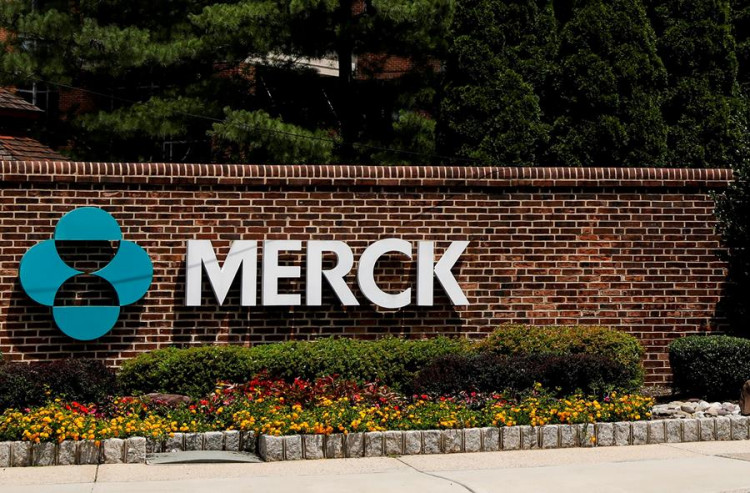Merck announced on Wednesday its agreement to acquire EyeBio, a privately held biotech company focused on ophthalmology, in a deal valued at up to $3 billion. This acquisition marks the latest move by the U.S. pharmaceutical giant to expand its pipeline and bolster future growth, especially as its blockbuster cancer drug, Keytruda, approaches the end of its exclusivity by the end of the decade.
The transaction will see Merck pay $1.3 billion in cash upfront, with an additional $1.7 billion contingent on developmental, regulatory, and commercial milestones. The deal, expected to close in the third quarter of 2024, will grant Merck access to EyeBio's promising retinal disease drug, Restoret, along with other pipeline assets.
"This acquisition of EyeBio further deepens our portfolio and fits within our financial framework, adding high-quality, low-cost of supply inventory adjacent to our leading U.S. unconventional position," said Merck CEO Ryan Lance. He emphasized that the transaction would immediately enhance Merck's earnings, cash flow, and shareholder returns once completed.
London-based EyeBio, officially Eyebiotech Ltd, has operations in both the United States and the UK. Founded by SV Health Investors and backed by Kate Bingham, the former head of the UK's Covid-19 vaccine taskforce, EyeBio is at the forefront of developing innovative treatments for retinal diseases. Its lead candidate, Restoret, is currently in early-stage trials for conditions characterized by blood vessel abnormalities that impair vision.
Dr. Dean Y. Li, president of Merck Research Laboratories, highlighted the strategic fit of EyeBio within Merck's broader research and development goals. "We continue to execute on our science-led business development strategy to expand and diversify our pipeline," Li stated. He noted the strong track record of EyeBio's leadership, including Dr. David Guyer and Dr. Tony Adamis, in advancing groundbreaking ophthalmology therapies.
Restoret, EyeBio's flagship therapy, has shown promise in treating diabetic macular edema (DME) and neovascular age-related macular degeneration (NVAMD). Positive results from the Phase 1b/2a AMARONE study have paved the way for a pivotal Phase 2b/3 trial, expected to begin in the second half of 2024.
David R. Guyer, CEO and president of EyeBio, expressed optimism about the acquisition, stating, "The EyeBio team has successfully assembled a pipeline of novel candidates with the potential to provide new treatment options for patients with retinal disease. As a subsidiary of Merck, EyeBio will be positioned to tap into the resources and infrastructure needed to support the clinical, regulatory, and commercial development of these candidates and help bring them to patients worldwide."
Merck's acquisition of EyeBio not only augments its pipeline but also significantly expands its presence in the ophthalmology sector. The integration of EyeBio's team and leadership, including Dr. Guyer and Dr. Adamis, will leverage their expertise to advance the development of Restoret and other programs under Merck's umbrella.
Kate Bingham, EyeBio board chair and managing partner at SV Health Investors, praised the efforts of the EyeBio team. "Less than three years ago, EyeBio was hatched to translate Dr. David Guyer's idea for a potential new therapy for retinal diseases into a reality. This agreement reflects the hard work of the talented EyeBio team, led by Dr. Guyer, who through this agreement have placed Restoret on a defined development path to patients," Bingham said.
The transaction is subject to approval under the Hart-Scott-Rodino Antitrust Improvements Act and other customary conditions. Merck anticipates recording a charge of approximately $1.3 billion, or about $0.50 per share, in non-GAAP results in the quarter the transaction closes.






